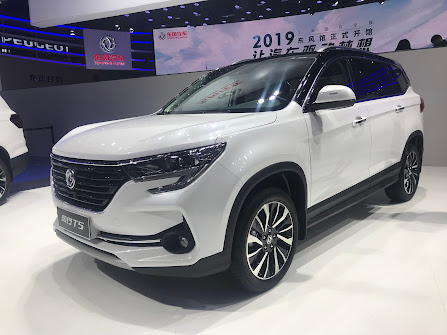In recent years, there has been an increase in the number of Chinese vehicles sold in Western markets. According to customs figures, China exported 2.34 million vehicles in the first half of the year. The figure topped Japan's first-half export total of 2.02 million vehicles.
photo: , Forthing (Dongfeng Fengxing) T5
This is the first time China has surpassed Japan in automotive exports at the halfway point of the year. According to Cui Dongshu, secretary general of the China Passenger Car Association, the achievement has been propelled by the "explosive growth" of electric vehicle export.
Indeed, Chinese EV brands have been aggressively expanding abroad, entering not only emerging markets but also Western markets where competition is fierce.
Two new Chinese EV manufacturers, Xpeng and Nio, have begun their international growth in Europe. BYD, the battery and hybrid vehicle manufacturer, is creating a consumer vehicle presence in practically every fast-growing market and major economy except the United States for the time being. Zeekr, the EV subsidiary of China's largest private automaker Geely, has revealed plans for Western Europe and Central Asia, with indications that it may also test the waters in the United States.
Electric vehicles (EVs) have emerged as a significant sector in which China aims to establish itself as a worldwide leader, owing partly to the country's dominance over the long and complex battery supply chain. To that purpose, the government has provided considerable subsidies and legislative support to the sector, resulting in competitively priced and high-quality plug-in vehicles, similar to those found in Japanese petrol cars.
The question then is whether Chinese passenger vehicles can build brand awareness outside of China, particularly in competitive Western markets.
source: https://techcrunch.com/2023/08/08/powered-by-electric-vehicle-growth-china-overtakes-japan-as-biggest-auto-exporter/

